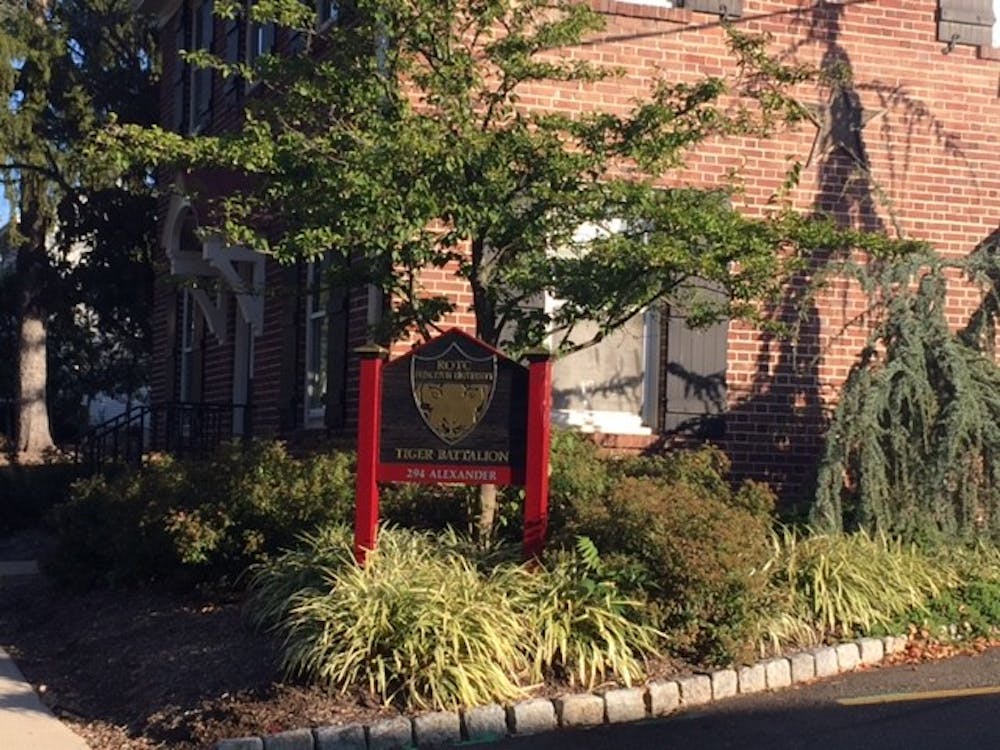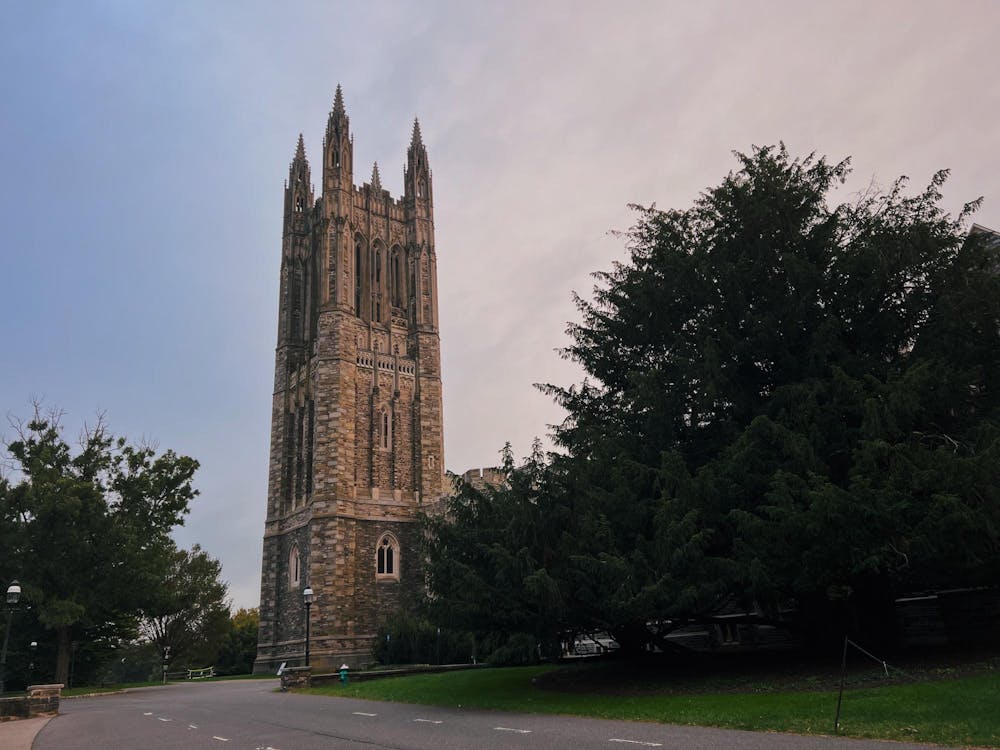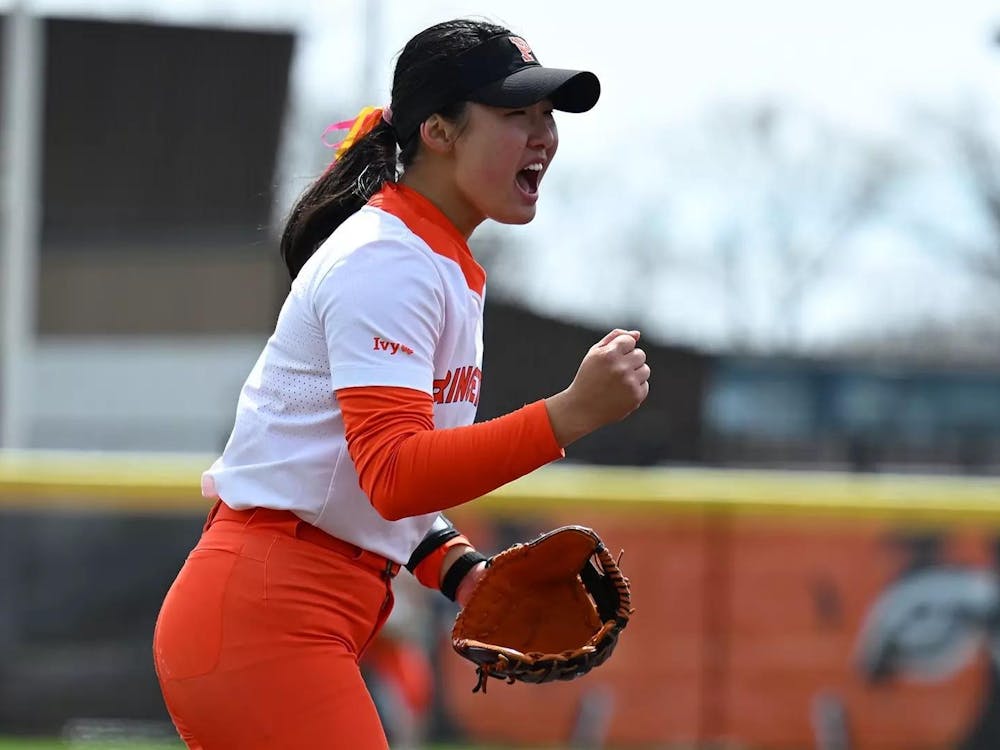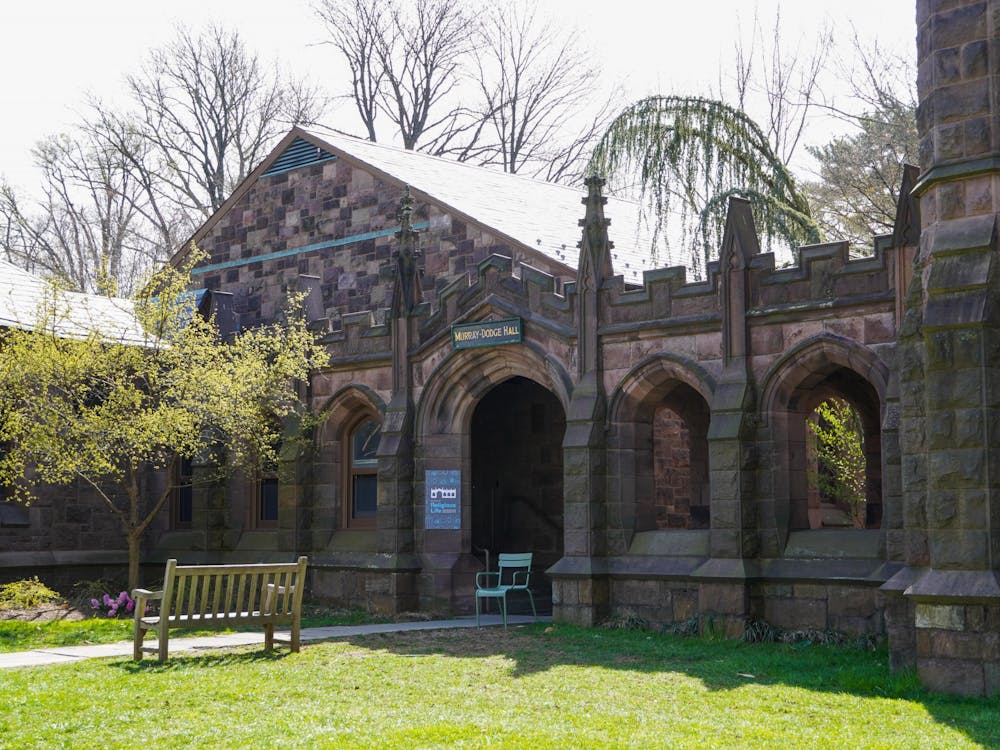A new nonprofit organization has marched its way onto campus this year, emphasizing a focus on developing new leaders: The Warrior Scholar Project.
As a national nonprofit, the Warrior Scholar Project focuses on helping GIs and Veterans transition into college life and make full use of their skills in the civilian setting of academia. Many of the veterans assisted by the project have been on active duty for four or five years minimum, and some are retired after 20 to 30 years of active duty.
The project consists of a one- or two-week immersive academic boot camp; these boot camps are hosted at many of the top universities in the country, from Yale to the University of Chicago. This year, the program has come to Princeton for the first time.
“I took the one-week course that focused on the humanities,” said Tyler Eddy ’21, a participant at Princeton. “As a STEM major, that really opened my eyes to that world. A lot of people would think it’d be difficult, you know, to take all these veterans who don’t have much of an education and throw them into, like, Herodotus and these really complex texts, but the result, it’s kind of built into the curriculum. It turned many people, including myself, on to the subject.”
The program hosted at Princeton took place during the last week of June and was attended by 15 active duty service members from the Army, Air Force, and Marine Corps. University faculty led classes, daily study sessions, and writing workshops during the week; workshops also focused on helping the veterans to better prepare for and navigate both the college search and financial aid processes.

“There’s an element of intentional baptism by fire that they’re asking these students to do, which will really serve them well as they move on to their next institution,” said Dr. Keith Shaw, one of the co-creators of the academic writing components of the course and the University’s director of transfer programs.
“There was a four-hour workshop session, which was a combination of taking the texts they had been reading and talking about it in the sessions with the faculty and thinking about how to break them down as philosophical or political arguments,” Shaw explained. He noted that the students were also asked to take positions on competing arguments, a skill that is typically only required for 300- or 400-level classes at the University.
“It was really high-level work,” Shaw continued. “What we were trying to teach them was the principles of academic argument that they would need to be able to execute on the page.”
More than just getting students re-accustomed to academia, the program seeks to make full use of the skills that students developed during their time in the military. The organization believes that leadership skills, time management skills, and life experience, if honed properly, can give the veterans an edge in the academic world. Indeed, past mere academic tools or assistance with civilian adjustment, the organization’s primary goal is to provide hope.

“As someone who started in the Marines, it really opened my eyes to where I could go to school and what I could be able to do,” Eddy added. “The list of schools that I applied to was because of [the] Warrior Scholars Program,” he said. “A big part of what they do is open the eyes for military members that it’s realistic to be accepted to these types of institutions.”
“It’s one piece in a broader effort... that Princeton is taking very seriously to increase the presence of student veterans on campus,” Shaw added. “We had five who matriculated this year and we are very excited about being able to increase that cohort going forward,” he continued. "It has been a really great way to consider how to diversify the student body socioeconomically," he noted.
Of the five veterans who matriculated to Princeton this year, two were a part of the Warrior Scholar program. The other student that participated did not respond to request for comment.








